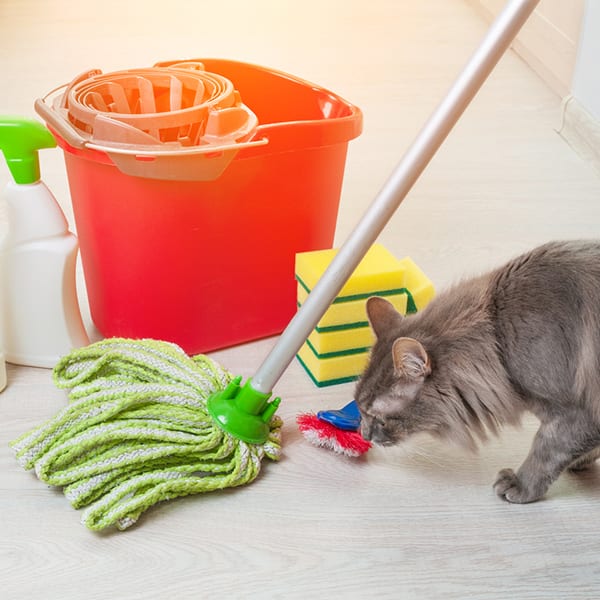
Recognizing Cat and Dog Poisoning Symptoms in Tulsa
Cat and dog poisoning is one of the biggest reasons for emergency vet visits. Our pets are curious creatures and taking a chomp out of something interesting is their way of exploring. Unfortunately, there are many different substances that are poisonous to our pets, and not all of them are obvious. Plus, many toxic ingestions happen without your witnessing the event, so it’s important to recognize cat and dog poisoning symptoms so you can act fast and get them the medical care they need.
Signs of Poisoning in Dogs and Cats
Cat and dog poisoning symptoms may include:
These symptoms will vary based on what your pet consumed as well as the quantity. All of these signs warrant a trip to the emergency vet, so don’t hesitate. Call 918-665-0508 and bring them straight to us for immediate care.


Top Cat and Dog Poisons
Some of the most common poisons dogs and cats ingest are very mundane in our everyday lives, but they can spell big trouble for your pet. Take note of these common toxins and be sure to always store and use them well out of paw’s reach.
- Human medications – Many human medications are toxic to our pets, especially in large quantities. Common medications pets ingest include Advil, Aleve, Motrin, Tylenol, antidepressants, and stimulants. Cats are particularly vulnerable to Tylenol as ingesting one pill is likely to cause death.
- People food – Chocolate, grapes/raisins, onions, garlic, xylitol (an artificial sweetener), and many other people foods are toxic to our pets! It’s best to keep your food on your own plate.
- Rodenticides and insecticides – These poisons affect more than their targets. Dogs and cats who get into these toxins face severe repercussions, even if only a small amount is ingested.
- Household plants – Lilies, azaleas, chrysanthemums, rhododendrons, and many more plants are toxic to our pets if ingested. Use fake plants in your home or do you research to choose pet-safe alternatives!
- Fertilizer – Many fertilizers contain organic material like blood meal, bone meal, and iron-based products that smell quite tasty to your dog. Yet, they can cause severe issues like pancreatitis if ingested in large quantities. Use fertilizers according to their directions and do not allow your pet in the area until it safe.
If you are ever concerned about your pet’s health, call us for guidance at 918-665-0508.
